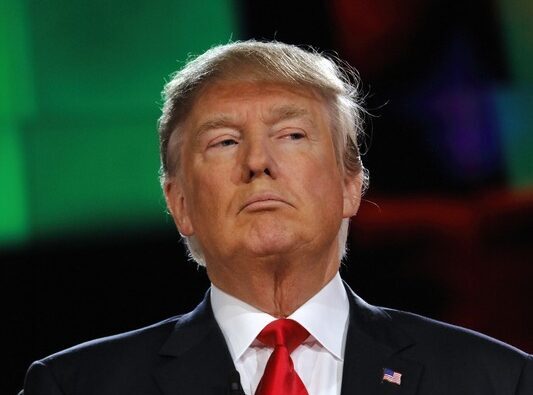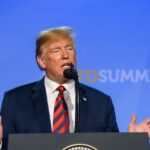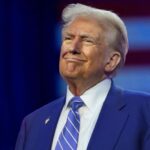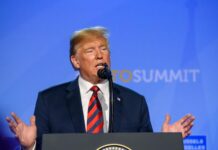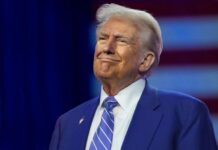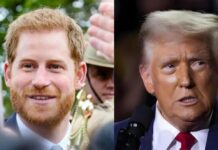Justin Trudeau, the Prime Minister of Canada, resigned on Monday, January 6, citing internal squabbles within his party and a plunge in popularity. This occurred amidst suggestions from President-elect Donald Trump that Canada should become the 51st state of the U.S. to evade Trump’s impending tariff threats.
Trudeau will continue to perform his duties until a new leader is chosen by the Liberal Party. His decision came under intensifying pressure after the resignation of his key ally, Deputy Prime Minister Chrystia Freeland, in December. Trudeau’s approval rating has plummeted to 19%.
When asked about the prospect of Canada becoming part of the United States, Trudeau was quick to dismiss it, stating, “Not a snowball’s chance in hell.” He interpreted Trump’s comments as a tactic to gain an upper hand in upcoming trade negotiations.
On his Truth Social account, Trump claimed, “Many people in Canada LOVE being the 51st State,” suggesting benefits such as no tariffs, reduced taxes, and protection against potential threats from Russian and Chinese ships.
Trump’s annexation proposition coincides with his threat to impose a 25% tariff on Canadian goods, a threat that is being taken seriously by Canadian officials. Finance Minister Dominic LeBlanc dismissed Trump’s comments regarding statehood as “sowing confusion” and “creating chaos.”
Doug Ford, the Premier of Ontario, cautioned Trump about the potential economic repercussions of implementing the tariffs. Ford stressed that Canada would never merge with the United States and warned that the U.S. would experience economic distress if Trump did not retract his threats.
Canadian officials are already working on retaliatory measures, which include imposing tariffs on certain American goods such as orange juice, toilets, and specific steel products. These measures would apply to a wide range of U.S. exports to Canada if Trump follows through with his tariff threats.
The Liberal Party is now tasked with picking a new leader. Potential candidates include Mark Carney, former governor of the Bank of England and Bank of Canada, and former Deputy Prime Minister Chrystia Freeland. The Liberal Party is currently lagging behind the opposition Conservative Party in pre-election polls with a general election due before October 2025.
The timing of Trudeau’s resignation complicates Canada-U.S. relations, with Canada having a “lame duck” leader during a critical period. Trump has threatened to implement tariffs on his first day in office, and key cabinet ministers involved in Canada-U.S. relations are expected to join the Liberal leadership race.
Canadian Foreign Minister Melanie Joly, who has chosen not to run for the Liberal leadership to concentrate on U.S.-Canada relations, revealed that the cabinet is preparing a comprehensive list of retaliatory measures. The government plans to target U.S. exports primarily from Republican-leaning regions, mirroring their strategy in previous trade disputes.
Economists have warned that the proposed 25% tariffs by Trump could potentially push the Canadian economy into a recession and further devalue the Canadian dollar. Canada is contemplating imposing export taxes on strategic commodities such as oil, uranium, and potash to exert pressure on U.S. energy prices.
In his final advice, Trudeau emphasized the significance of sustaining strong U.S.-Canada relations while safeguarding Canadian interests. He stated that Canadians are proud of their identity and maintained that collaboration with the U.S. remains essential despite the current tensions.

